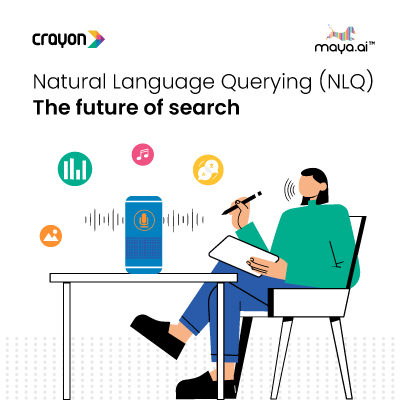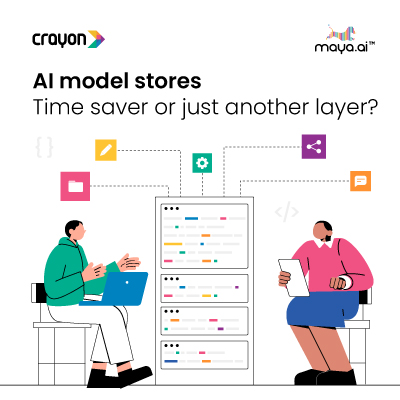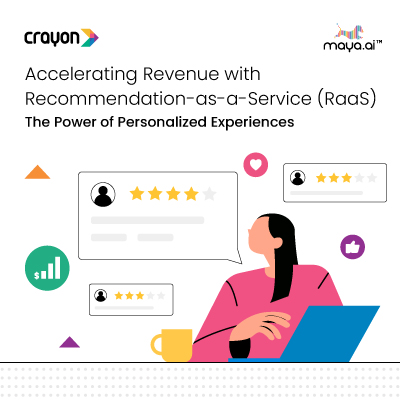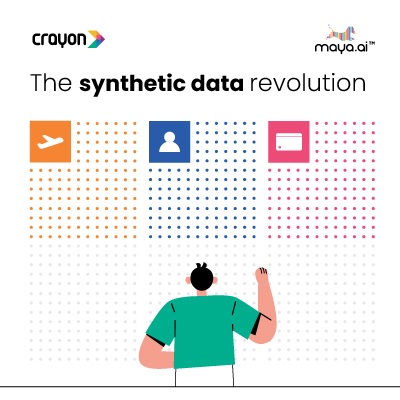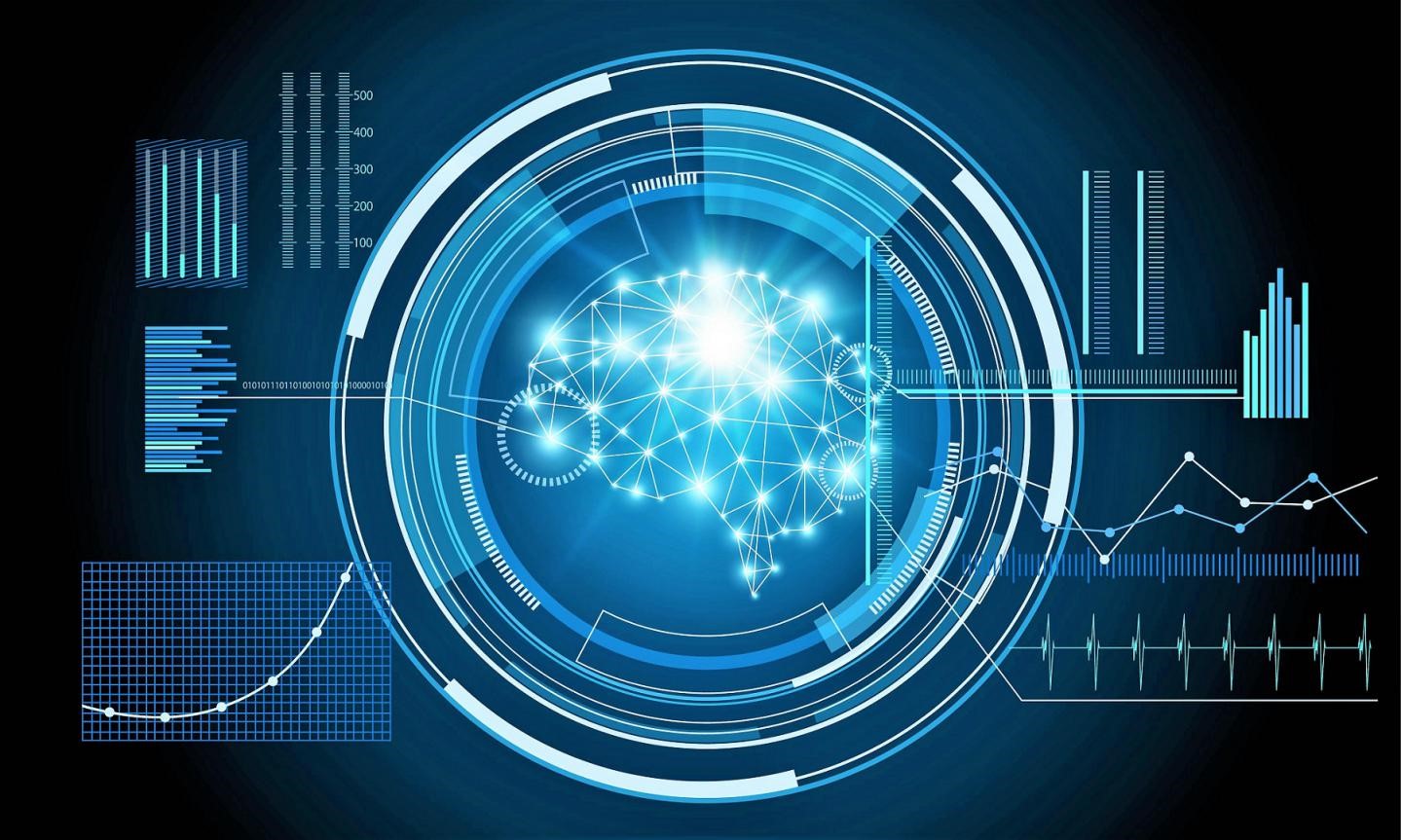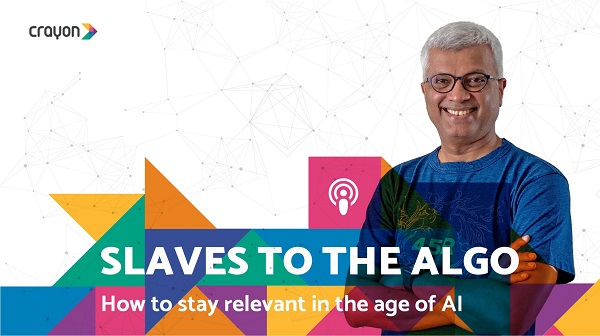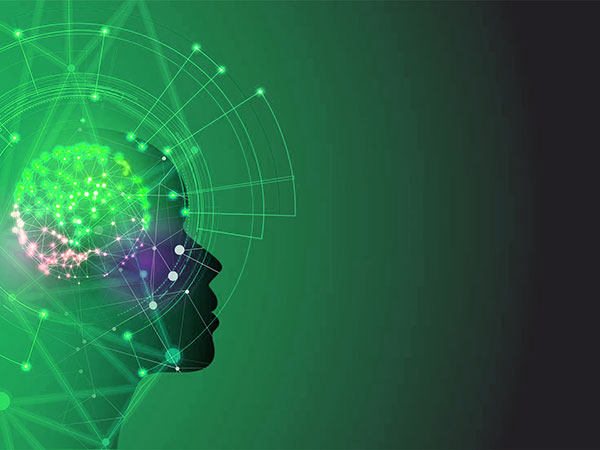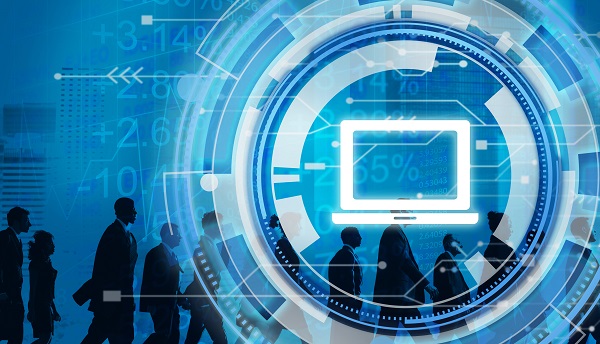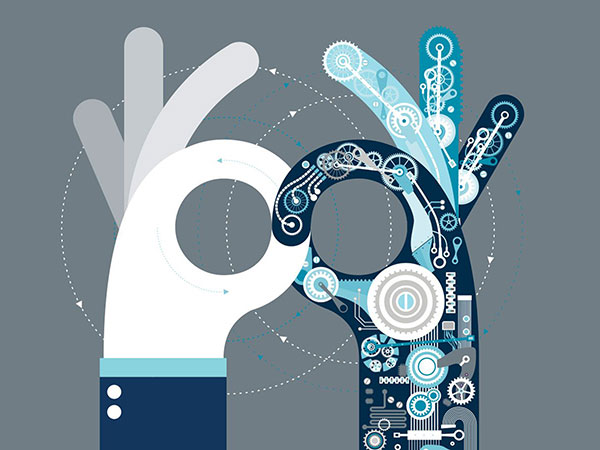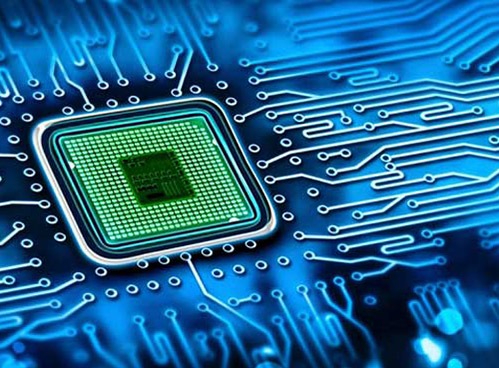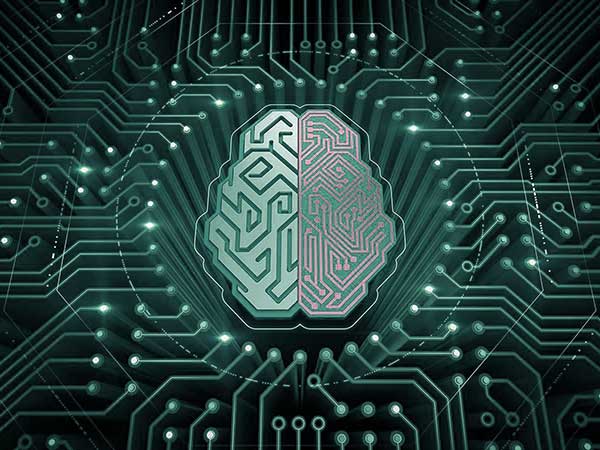Apple typically creates a lot of buzz when it unveils new products or operating systems, but tech enthusiasts have recently been getting excited about a much smaller offering that’s still in the works. A special chip called the Apple Neural Engine is intended to solely process artificial intelligence (AI) tasks on the brand’s mobile devices. Keep reading to learn why this developing story is so significant and what the chip might mean for Apple’s consumers and the company overall.
6 things to know about Apple’s new AI chip
The chip could carry out AI tasks at a faster-than-average rate
Apple already ventured into the realm of artificial intelligence on mobile devices when it released iPhones with the Siri virtual assistant. If you’re already accustomed to going through your day and depending on Siri periodically to help you get pertinent information, the new dedicated chip might help you receive those responses even faster.
Currently, it’s not necessary for AI-capable mobile devices to have specific processors within them. That’s because Qualcomm offers software called the Snapdragon Neural Processing Engine. It allows any manufacturers using Qualcomm chips in their products to make those items able to perform AI tasks.
When devices have AI chips as part of their hardware instead, they can do things dozens of times faster than most computers today. That’s especially true when machine learning or other highly sophisticated AI is involved.
It might help you live better and avoid hassles
Once Apple’s new chip is inside a compatible smartphone that you own, you might be surprised just how much it can do to help you live better. For example, the Snapdragon software discussed above can detect if people are driving erratically, but analysts believe Apple’s new chip may be so advanced it could identify possible health problems and alert people about them before their ailments progress.
Samsung’s new Galaxy S8 phone is equipped with an AI-driven personal assistant called Bixby. In addition to commanding Bixby to make calls for them, Samsung’s representatives say users can launch Bixby while they’re inside compatible apps and ask for help. Bixby will then make contextual assessments to determine the kind of assistance that’s needed. Bixby also responds to voice commands without requiring supplementary physical input.
At this early stage in Apple’s development process, it’s impossible to say exactly what kinds of capabilities the company’s AI-powered mobile devices will demonstrate. However, Apple prides itself on releasing products that are comparable to or better than what’s currently available.
That desire to impress means Apple’s products will likely do what Samsung’s can and more. In addition to recognizing faces, recent reports say the AI chip will detect faces and be compatible with the iPhone’s predictive keyboard, which means it’ll probably aim to enhance your daily tasks.
It could complement manufacturing processes
One great thing about machine learning is that it can review historical data and help companies make decisions about their business practices. For example, a marketing company might rely on machine learning to spot consumer trends and identify the campaigns that weren’t as successful as anticipated.
Experts say machine learning also has many worthy uses within the manufacturing sector. With help from that technology, manufacturing specialists can strategically and fairly price parts based on market demand, plus determine how many components are needed to satisfy customers without risking the possibility of making a huge surplus.
Artificial intelligence, including machine learning, also aligns with the characteristics of industry 4.0 by being potentially compatible with 3-D printers, cloud-based data systems and autonomous equipment that carries out repetitive tasks more quickly than humans can. Although Apple usually makes products for the consumer market, the company might also make a surprising move and cater to the enterprise market, especially if the technology is ready for it.
It may make your trusty devices have longer battery life
Apple continually makes improvements to the batteries in its mobile devices so users can enjoy them for as long as possible without having to find their chargers and nearby power outlets. Fortunately for Apple users who find it particularly hard to go even an hour without their gadgets, some people believe this upcoming AI chip will have a positive impact on battery life.
During discussions about the short- and long-term implications of Apple’s AI-related work, the company has revealed that its devices with AI require two chipsets, and the load is split between the microprocessor and GPU. If Apple eventually switches to a single, AI-dedicated chip, users will see better battery life in those respective devices, along with improved overall performance.
The chip may be brought up during an upcoming developer’s conference
Apple is set to take part in a developer’s conference soon, and people are speculating if the company wants to spread the word about its AI-related advancements, that’s a very appropriate place to make announcements. Sources say the company is already expected to give information about new, faster Intel chips at this gathering, so it would make sense that representatives might expand the topic by bringing the Apple Neural Engine into the discussion too.
Apple seems to be taking this futuristic chip very seriously
Apple notoriously keeps its plans under wraps until just the right moment. However, people who have been paying attention to the company’s actions lately say there are signs that Apple is moving into the AI realm in big ways.
Earlier this year, the company announced an expansion of its Seattle offices to specifically focus on matters related to machine learning and other types of artificial intelligence. The company also recently became associated with the Partnership on AI, a group dedicated to using AI in responsible and societally impactful ways.
Though concrete details about the Apple Neural Engine are still scarce, it should be easy to see why many AI enthusiasts are so curious about what this chip might be able to do and how it could potentially change the way we use technology. Judging by Apple’s past accomplishments, the brand won’t disappoint when releasing this chip to the world.


